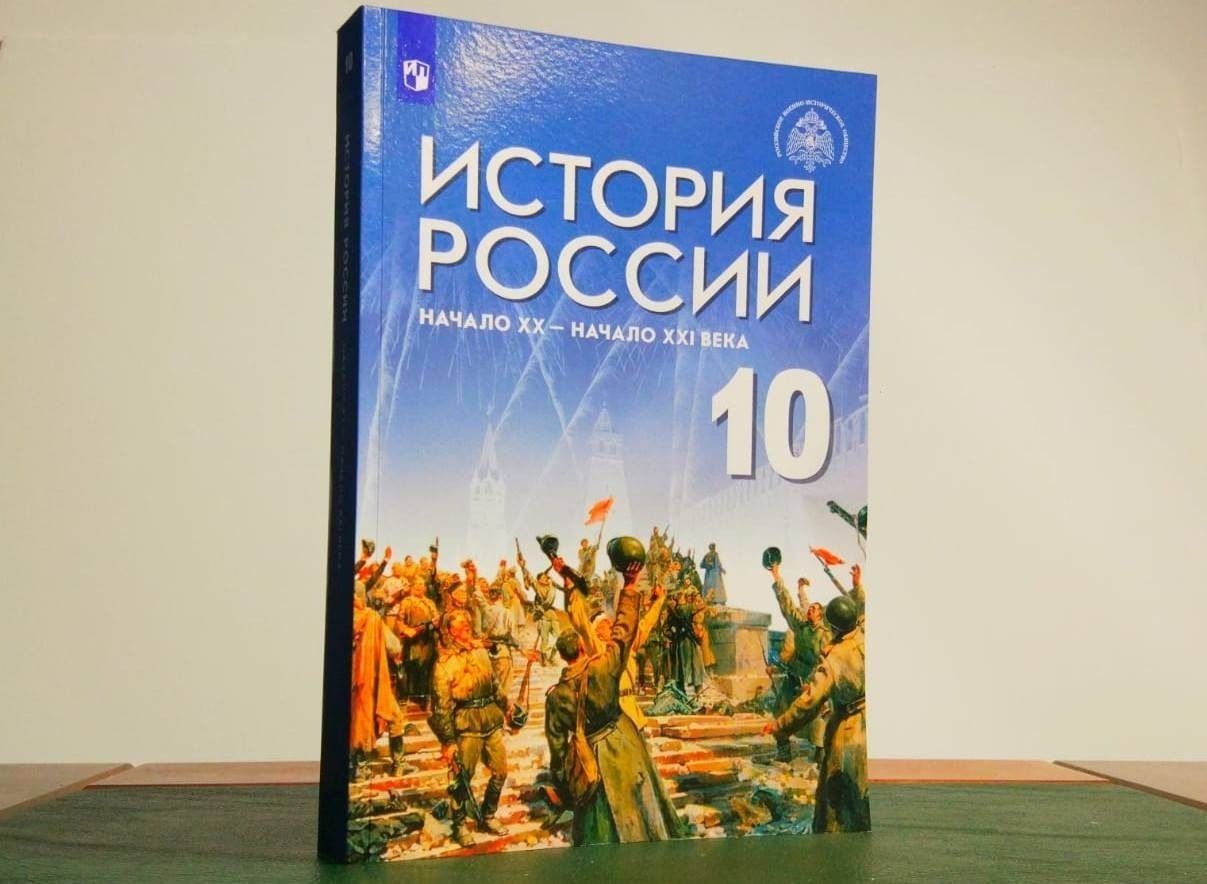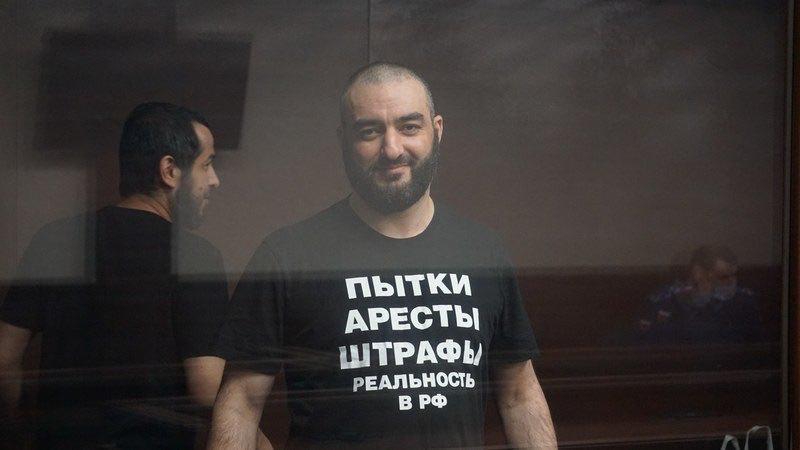The Second Western District Military Court sentenced Ingush natives Ramazan Padiyev and Batukhan Tochiyev to 18 and 22 years in a maximum-security penal colony. According to Kommersant, they were found guilty of complicity in the terrorist attack that resulted in the deaths of Lieutenant General Igor Kirillov, the head of Russia's Radiation, Chemical, and Biological Defense (RCBD) forces, and his adjutant, Ilya Polikarpov.

The Chechen authorities agreed with the AP on changes in the history textbook, where the repressed peoples of the USSR are called accomplices of the enemies.
Corrections will be made to the chapter of the new Russian history textbook for grades 10-11, dedicated to repressed peoples. This was stated by the Chairman of the Chechen Parliament Magomed Daudov, fulfilling, as he said, the instructions of Ramzan Kadyrov. In their opinion, the authors of the textbook actually repeated the ridiculous Stalinist explanation for the deportation - “collaboration with Nazi Germany.”
According to Daudov, the school material caused a wave of indignation among representatives of a number of nations. He spoke on this topic with the head of the presidential administration department, Andrei Yarin, and one of the authors, former Minister of Culture and now assistant to the President of the Russian Federation, Vladimir Medinsky. The latter, according to the speaker of the Chechen parliament, “admitted that this chapter was taken without changes from previous editions and assured of his readiness to put it in order.”
Earlier, the Russian Congress of the Peoples of the Caucasus and representatives of other organizations from among the forcibly deported peoples called the text on deportation offensive and unfair. According to the textbook, the USSR authorities decided to liquidate the state formations of a number of peoples and subject them to collective forced relocation to certain death. Hundreds of thousands of Chechens, Ingush, Crimean Tatars, Kalmyks, Circassians, and Balkars were accused of collaborating with Nazi Germany during the war and deported. Most of those deported died.
Justice for the deportees was partially restored after 1957, after the death and exposure of Stalin's personality cult. In 1989-1991, the Supreme Council of the RSFSR adopted a law on the rehabilitation of repressed peoples.
According to observers, Medinsky and his team may have believed that regional authorities, whose history is again being distorted in school textbooks, would not pay attention to this fact. Or they will take it for granted in the context of the war between the Russian Federation and Ukraine, mobilizing their compatriots to die supposedly to fight “Nazism.”
Among some of the Chechen emigration in Europe these days, the idea is heard that such a school textbook is a spit on the graves of their ancestors and in the face of those who support the Kremlin’s policies, as a reminder that the attitude of the metropolis towards the colonies cannot be other than through paradigm of submission and coercion.



